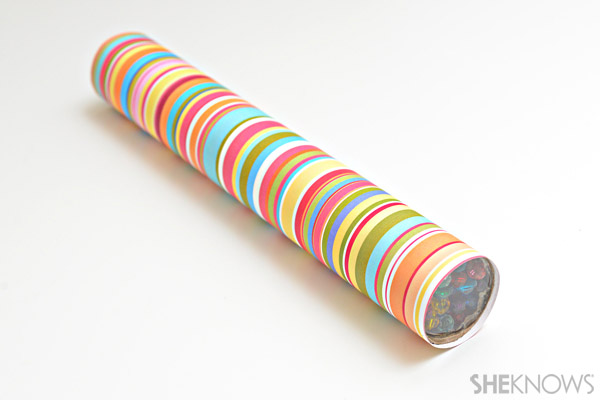
I wonder if you heard Rev Dr Sam Wells Thought for the Day on dementia on 22 September. Since hearing it, some of his words have been living with me. He talked of deficit, decline and death and we have to be able to name these very real aspects of dementia. But they dont have to be the last word. Sam Wells also talked about the Greek word LUO, to loose. He said:
Current research calculates that a third of people born this year will develop dementia. Public conversation about dementia comes down to three words.
The first is deficit. Dementias entirely negative. Its a curse from a wicked fairy. Theres no magic wand to wave it away.
The second word is decline. The arrow goes only one way. From bad to worse. Theres no recovery story, no website with herbal remedies, no neighbours with amazing parent-turnarounds.
The third word is death. Dementias regarded as a living death. When death finally comes, people use the word release. Its not always clear whether release refers to the sufferer or to the family.
Dementia so often takes away a persons memory, relationship, recognition, and dignity, and diminishes their sense of self and self-care. So of course we cling on to names, memories, facts anything to stop the inexorable drift towards oblivion.
The first word of Greek I ever learned was LUO. Its a regular verb that means I loose. Its particularly useful if youre in the habit of releasing oxen. But if you read the New Testament in its original Greek, you find LUO pops up at all the key moments. It refers to reconciling the hostile, healing the sick, restoring the outcast, and forgiving sins. LUOs originally about loosing livestock but ends up meaning all these things.
In the face of deficit, decline, and death we want to keep as much of the person we love for as long as we can. We react as if theyre falling over the side of a boat and hold on for dear life. But the lesson of the little word LUO is that maybe a better path lies in letting go, in letting loose, in allowing to roam free. If death is starting now, maybe resurrection can start now too.
By letting go of what our loved one was we can begin to receive who they are now. Only in finding ways to enjoy who they are now can we reverse the deficit and the decline, because we stop insisting theyre moving away from something good, and start to realise theyre moving into something new.
As my dads dementia progresses, my mum has conjured up an image that continues to resource us, through the painful thresholds that are part of the path, in the continual process of letting go through dementia. She talks of looking through a kaleidoscope and seeing a beautiful pattern, so lovely that you share it with the person beside you, relishing how wonderful it is. When the kaleidoscope moves and the pattern changes, you could choose to continue to talk about the previous pattern; but how much more constructive to notice the new pattern that has formed, seeing the beauty in it, even if its a very different pattern from before. Thats how my parents are living, choosing life, as patterns change with dementia.
The connections are so different now from those of ten years ago but the life and the love is still there, to be relished. So my dad, who in his days as a solicitor taught me so much about incisive head-level analysis, continues to teach me so much in this zany, haphazard journey of the heart that we all share together. In the words of the poet Malcolm Guite, from his Stations of the Cross sonnets:
Now is the time to loosen, cast away
The useless weight of everything but love.
That sort of loosening takes us absolutely to the heart of things.